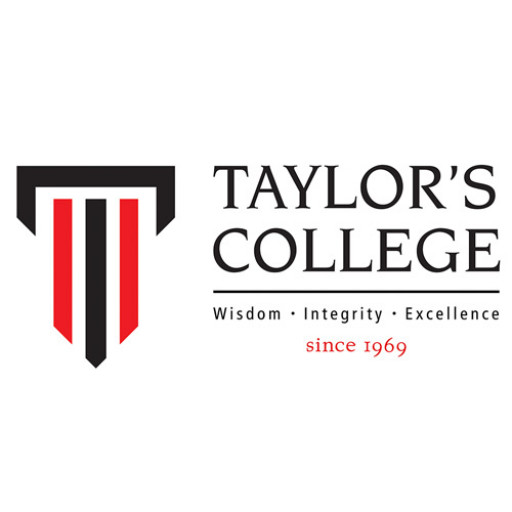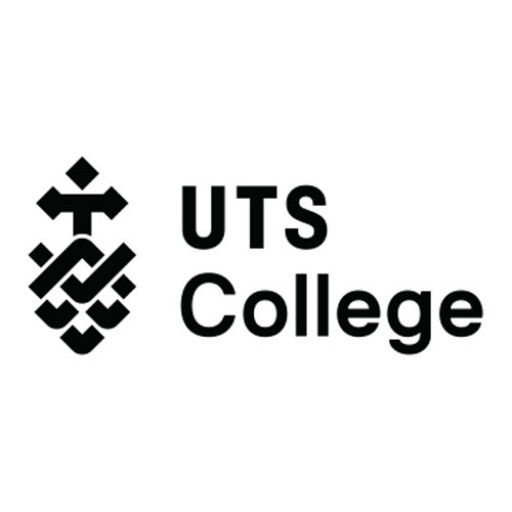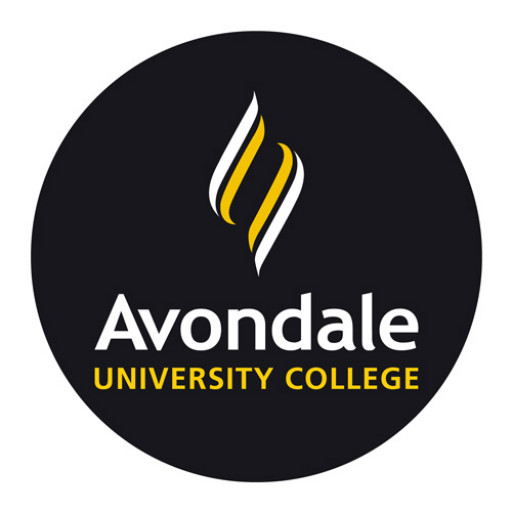Photos of university / #musikkhogskolen
The programme is intended for applicants with a classical music background who wish to undertake a year's study with one of the Norwegian Academy of Music's teachers, for example in order to develop their performance skills, concentrate on a particular repertoire or prepare for auditions/competitions.
The classical sciences program at the Norwegian Academy of Music offers a comprehensive and in-depth exploration of the foundational disciplines that underpin Western musical tradition. This program is designed for students who seek to develop a thorough understanding of music theory, history, and analysis, as well as the technical skills required for performance and composition within classical music. Throughout the course of study, students engage with a broad curriculum that covers the history of Western music from its earliest origins to contemporary works, enabling them to contextualize their artistic practice within a rich historical framework. The program emphasizes a rigorous approach to musical analysis, interpretation, and performance practice, with opportunities for specialized study in areas such as orchestration, counterpoint, harmony, and musical aesthetics.
Students are encouraged to explore the evolution of musical styles and genres across different periods, including the Baroque, Classical, Romantic, and Modern eras. They also gain proficiency in reading and understanding musical scores, developing analytical skills that enhance their interpretative capabilities. The curriculum integrates both theoretical instruction and practical training, with ensemble participation, solo performances, and chamber music sessions designed to foster collaborative skills and artistic development. Additionally, the program emphasizes critical thinking and research skills, equipping students to contribute meaningfully to scholarly discussions about music and its history.
Faculty members are renowned experts in their fields, providing mentorship and personalized guidance throughout the program. Students have access to state-of-the-art facilities and resources, including extensive libraries, practice rooms, and recording studios. The classical sciences program at the Norwegian Academy of Music prepares graduates for diverse career paths, including concert performance, musicology, teaching, and further academic pursuits. Graduates emerge with a solid theoretical foundation, technical proficiency, and a deep appreciation for the cultural significance of music, enabling them to thrive in both professional and scholarly environments dedicated to the classical music tradition.
Financing studies at the Norwegian Academy of Music are primarily supported through a combination of government grants, student loans, and scholarships. The Norwegian government allocates funding to higher education institutions, including the Academy, ensuring that students have access to affordable education. Norwegian residents and EU/EEA citizens are eligible to apply for student financing through the Norwegian State Educational Loan Fund (Lånekassen), which provides financial assistance to cover tuition fees, living expenses, and study-related costs. The loan terms are favorable, with low interest rates and flexible repayment options, making it accessible for most students.
In addition to government support, the Norwegian Academy of Music offers various scholarships and grants to outstanding students based on academic achievement and artistic merit. These scholarships aim to promote excellence and provide additional financial aid to students who demonstrate exceptional talent or belong to underrepresented groups. Some scholarship opportunities are specifically targeted at students in classical sciences, including music performance, composition, and other related disciplines.
Apart from public funding, students may also seek private sponsorships, grants from cultural foundations, and funding from arts organizations that support classical music education. The Academy collaborates with several national and international bodies that provide funding opportunities for students engaged in classical sciences and performing arts.
Students are encouraged to explore multiple funding avenues to support their studies, including part-time work, internships, and project grants related to their field of study. The university also provides financial counseling and guidance to help students navigate their funding options effectively. Overall, financing studies at the Norwegian Academy of Music is designed to be accessible and supportive, ensuring talented individuals from diverse backgrounds can pursue their education in classical sciences without undue financial hardship.
The Classical Sciences program at the Norwegian Academy of Music offers a comprehensive education in the core disciplines relevant to performance, interpretation, and scholarly understanding of classical music. This program is designed to equip students with advanced skills in instrumental and vocal performance, music theory, history, and literature, enabling them to pursue careers as professional musicians, music educators, or researchers. The curriculum emphasizes rigorous technical training alongside a deep analytical approach to styles, periods, and genres within the classical tradition, fostering a well-rounded artistic and scholarly development.
Students have access to state-of-the-art facilities and work closely with experienced faculty members who are active performers and researchers in their fields. The program includes individual lessons, ensemble work, masterclasses, and workshops, ensuring diverse learning experiences and opportunities for performance. Additionally, students engage with musicology and music history courses that deepen their understanding of cultural contexts and the evolution of classical music through the ages. The program also encourages participation in concerts, competitions, and international exchanges to broaden students' exposure and professional networks.
The Norwegian Academy of Music's classical sciences program emphasizes both practical performance skills and scholarly research, preparing graduates for diverse roles within the music industry. Graduates may find employment as concert performers, studio artists, university lecturers, or musicologists. The program’s strong academic and artistic foundation positions students to contribute significantly to the preservation, interpretation, and promotion of classical music traditions both nationally and internationally. The curriculum is continuously updated to reflect new trends, research, and pedagogical approaches in the field of classical music, ensuring students receive a contemporary and relevant education.








